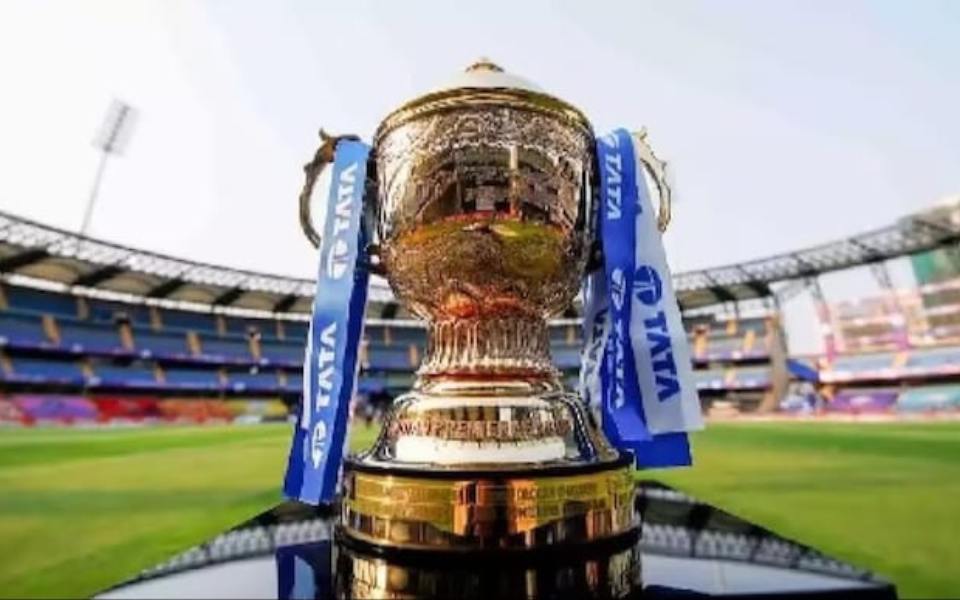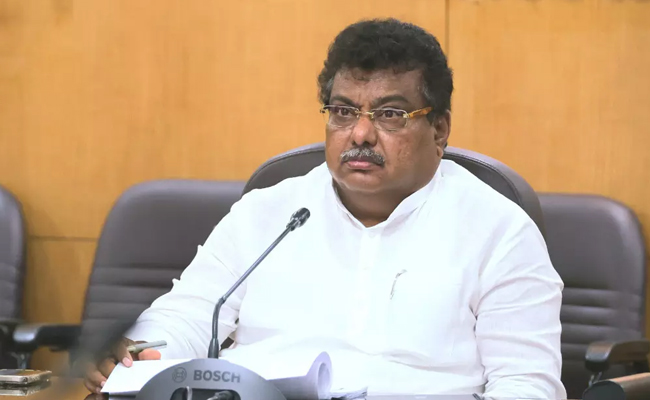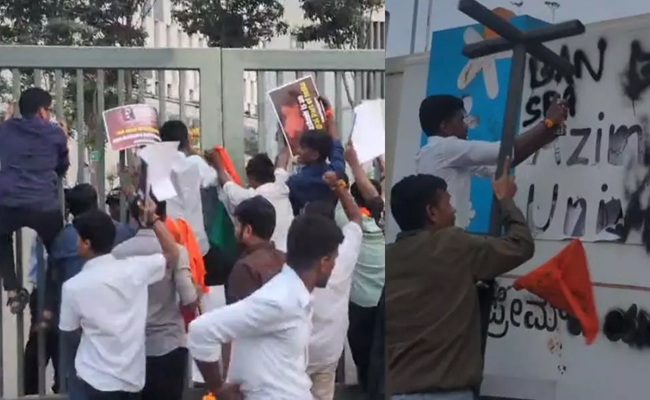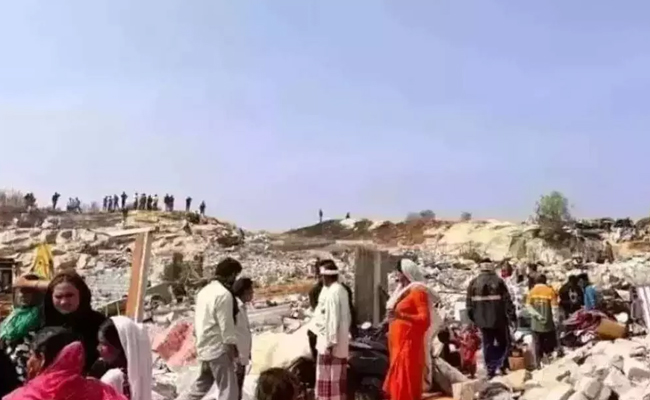New Delhi, Feb 20: The much-anticipated Indian Premier League is set to begin on March 22 and will be held entirely in the country despite the coinciding general elections, league chairman Arun Dhumal told PTI on Tuesday.
The elections are expected to be held in April and May and that is the main reason why the schedule for the IPL's 17th edition has not been unveiled yet.
Speaking to PTI, Dhumal said to begin with, only the schedule of the first 15 days will be announced and the roster for the remaining games will be decided after the announcement of the general election dates.
The dates of the Lok Sabha polls are expected to be announced early next month.
"We are looking at a March 22 start for the tournament. We are working closely with the government agencies and we will first release the initial schedule. The entire tournament will be held in India," said Dhumal.
Only in 2009, the IPL, in its entirety, was held overseas (South Africa) while the 2014 edition was partially held in the UAE due to the general elections.
However, in 2019, the tournament was held in India despite the elections.
Considering the T20 World Cup begins within days of the cash-rich league's conclusion, the final is likely to be held on May 26.
India will play their opening World Cup fixture against Ireland in New York on June 5 while the ICC showpiece begins with the USA and Canada clash on June 1.
As is the norm, the IPL opener will be played between the last year's finalists, the winners Chennai Super Kings in this case and runners-up Gujarat Titans.
The players' auction for the 2024 season was held in December last year and Australian pacer Mitchell Starc became the most expensive player in the history of the league after being bought by Kolkata Knight Riders for Rs 24.75 crore.
Let the Truth be known. If you read VB and like VB, please be a VB Supporter and Help us deliver the Truth to one and all.
Bengaluru (PTI): Karnataka Minister M B Patil on Tuesday chaired meetings with industry representatives from the aerospace and defence, machine tools, auto/EV, and green energy sectors to discuss sector growth and government support measures.
The meetings were attended by leading industrialists and their representatives, with some participating virtually.
Speaking on the occasion, the minister for Large and Medium Industries said Karnataka is at the forefront of the country’s aerospace and defence sectors.
He noted that Suzuki and Toyota plan to launch aerial taxi services in Japan by 2028, with Bengaluru-based Sasmos supplying electrical equipment for the project.
Industrialists suggested introducing similar “fly-taxi” services in Karnataka through an appropriate policy, which Patil said would be examined seriously.
The minister highlighted the need to establish testing centres and Common Facility Centres for the aerospace and defence industries and assured that these facilities would be provided.
Suggestions were also made to prepare a comprehensive roadmap for sector growth.
Karnataka has urged the Central Government to approve Defence Corridor projects in the Bengaluru North–Kolar–Chikkaballapur and Dharawada–Vijayapura–Belagavi regions.
Industrialists also suggested a corridor between Bengaluru and Mysuru, Patil said.
He said Karnataka aims to become a hub for defence electronics manufacturing, with plans to establish a 200-acre Defence Electronics Park and a 100-acre Avionics and Sensor Park.
These projects will be implemented once the Special Investment Region is operational, and land availability will not be an issue.
On the machine tools sector, Patil said the industry has recorded an annual turnover of Rs 36,500 crore and is witnessing steady growth.
Large-scale exhibitions have increased demand, and the state must strengthen its capabilities to develop control systems for heavy machinery. One testing unit is already operational in Bengaluru, with another planned for Tumakuru. Expansion of vocational training institutes in industrial areas is also underway.
In the Auto and EV sector, Vision Group members highlighted the need for a network of dry ports and more EV charging stations across the state.
Patil noted that the Tata Group is manufacturing EV buses in Dharawada for nationwide supply. Plans for mini excavator production and export facilitation were also discussed, along with the establishment of a testing facility for two-wheeler EVs.
For the Green Energy sector, the group emphasised the need for a suitable policy on battery-based energy storage and the establishment of data centres.
Patil assured that the government will seriously consider all suggestions and respond positively.





_vb_21.jpeg)